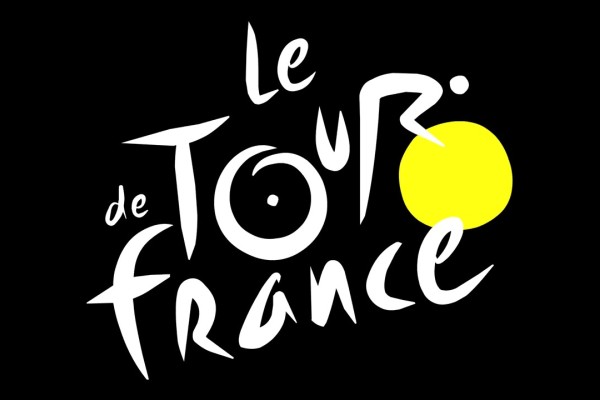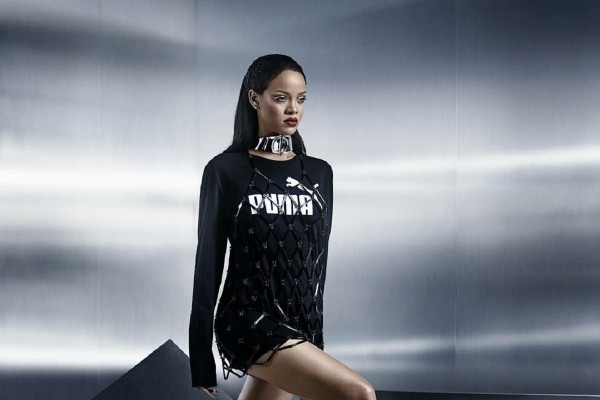US giant Burger King attacks and defeats Burek King
Although we love them after all, we cannot always tell stories like David and Goliath.
The Burger King vs. Burek King case is a notable example of trademark infringement disputes involving a well-known global brand and a local business... where the giant wins.
Overview of the Case
The Swiss fast-food chain Burek King, known for selling burek, a traditional pastry popular in the Balkans, sought to register the trademark "Burek King" for hotel and restaurant services.
Burger King opposed the registration, as the "Burger King" trademark has been registered for similar services since 1999.
The case was brought before a court to determine whether there was sufficient similarity to cause consumer confusion and whether Burek King’s branding constituted an infringement of Burger King’s trademark rights.
The central issue in the case is whether Burek King's use of its name and logo constitutes trademark infringement and causes confusion among consumers due to its similarity to the Burger King brand.
Trademark Infringement Claim
Burger King claimed that Burek King’s name and branding were confusingly similar to its own, leading to potential consumer confusion and dilution of the Burger King trademark.
The plaintiff argued that the use of the word "King" alongside a food-related name (Burek) which is similar to Burger and a similar style of logo could mislead consumers into believing that Burek King is associated with or endorsed by Burger King.
Burek King defended its branding by emphasizing the distinctiveness of its product (burek) compared to the fast-food items offered by Burger King.
The defendant argued that the term "King" is common and does not exclusively associate with Burger King, especially in the context of different types of food products.
Decision and Outcome
On October 31, 2023, the IPI (Swiss Federal Institute of Intellectual Property) ruled that there was a risk of confusion and denied the registration.
Despite the descriptive nature of the "Burger King" trademark, the court recognized its strong brand recognition and extensive use, confirming the risk of confusion with "Burek King."
Burek King appealed to the Federal Administrative Court.
In the decision of June 3, 2024, the Federal Court upheld the IPI's decision and ruled in favor of Burger King. The court found that the similarities between the names and logos were likely to cause confusion among consumers, especially considering the fame and widespread recognition of the Burger King brand.
Burek King was ordered to cease using its current branding and to pay damages for trademark infringement. The ruling reinforced the protection of well-known trademarks against similar uses that could mislead consumers.
Conclusion
The decision is a victory for Burger King in protecting its brand identity and preventing dilution of its trademark. It sets a precedent that reinforces the importance of maintaining the distinctiveness of globally recognized brands.
The case also serves as a cautionary tale for local businesses about the risks of adopting branding that closely resembles established trademarks.
It highlights the need for due diligence in choosing business names and logos to avoid potential legal disputes.
The Burger King vs. Burek King case underscores the significance of trademark protection and the legal measures that global brands can take to safeguard their intellectual property. It also illustrates the challenges local businesses face in differentiating their brands while respecting the trademarks of well-known companies.
Reasons for Aggressive Trademark Protection
While it might seem like an overreaction for a large corporation like Burger King to sue a small local business like Burek King, there are several important reasons why companies vigorously protect their trademarks, regardless of the size of the opposing party.
Trademark Dilution: If Burger King allows another company to use a similar name, it could dilute the strength of their trademark. Over time, this could weaken their brand and reduce its value.
Consumer Confusion: The primary goal of trademark law is to prevent consumer confusion. Similar names in the same industry can lead consumers to mistakenly believe that the two businesses are related, which could harm Burger King's reputation if the quality of the products or services offered by Burek King is perceived negatively.
Precedent Setting: Allowing one small business to use a similar name might set a precedent that encourages others to do the same. This could lead to widespread misuse of the trademark, making it harder for Burger King to defend its brand in the future.
Legal Obligation: Trademark holders are legally obligated to defend their trademarks. If they do not actively protect their trademark, they risk losing the exclusive rights to it.
Brand Integrity: Companies invest significantly in building their brand identity. Protecting that identity ensures that their marketing efforts, customer loyalty, and brand value are not undermined by other businesses using similar names.
Legal and Business Perspective
From a legal standpoint, Burger King is simply exercising its right to protect its trademark, which is a valuable asset. Trademark law requires active protection to maintain exclusive rights. From a business perspective, maintaining the integrity and distinctiveness of the brand is crucial for long-term success.
While the legal action may seem aggressive, it's also possible for smaller businesses to reach settlements or agreements that allow them to continue operating without causing confusion. Solutions might include:
Rebranding (which has been asked by Burger King): Burek King could choose a new name that does not conflict with Burger King's trademark.
Geographical Limitations: An agreement might be reached that allows the use of the name in a limited geographical area where consumer confusion is less likely.
Though it may appear as an overreaction, Burger King's actions are consistent with standard practices in trademark protection. This approach ensures that their brand remains strong, recognizable, and legally protected.
Small businesses like Burek King must navigate these legal waters carefully, often with the help of legal counsel, to find amicable solutions that respect established trademarks while allowing them to continue their operations.


